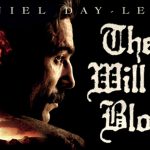True Detective (2014)
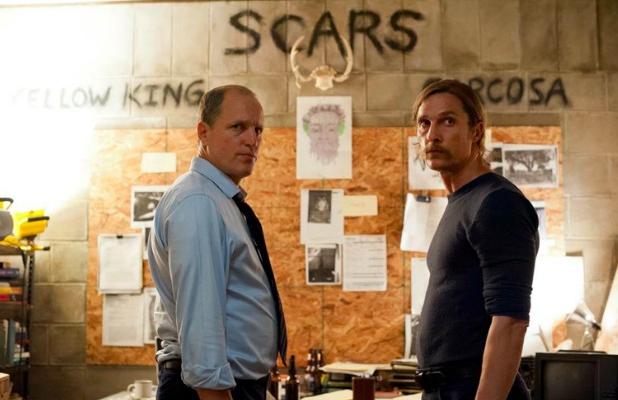
True Detective is a critically acclaimed American crime drama television series created and written by Nic Pizzolatto. Premiering on HBO on January 12, 2014, the show quickly garnered attention for its compelling narrative, complex characters, and thought-provoking themes. With each season telling a distinct story, True Detective has become renowned for its dark, atmospheric tone and exploration of morality, justice, and the human condition.
The first season of True Detective follows two Louisiana detectives, Rust Cohle (Matthew McConaughey) and Marty Hart (Woody Harrelson), as they investigate a gruesome ritualistic murder that spans 17 years. The case delves deep into their personal lives, and their contrasting personalities—Cohle’s philosophical, often cynical outlook and Hart’s more conventional approach—create a fascinating dynamic throughout the investigation. The season is structured through a series of flashbacks and present-day interviews, as the detectives reflect on the unsolved case and their complicated relationship.
At its core, True Detective explores themes of existentialism, the nature of evil, and the impact of personal trauma. The show’s narrative style, often nonlinear, invites viewers to piece together the complex puzzle of the murder while examining the psychological toll it takes on the detectives. The philosophical dialogues, especially those spoken by Rust Cohle, tackle deep questions about life, meaning, and morality, adding a layer of intellectual depth to the crime drama genre. These themes resonate on both a personal and societal level, making the show more than just a traditional detective story.
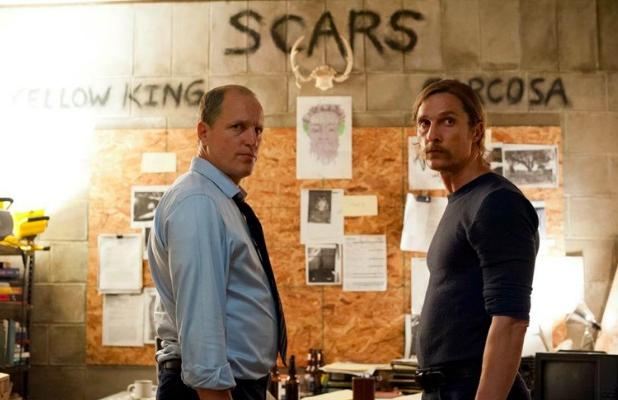
One of the standout features of True Detective is its rich character development. Rust Cohle and Marty Hart are not only flawed detectives but also deeply flawed individuals. Cohle, with his brooding demeanor and nihilistic worldview, contrasts sharply with Hart’s more traditional approach to life and family. Their evolving relationship forms the emotional backbone of the season, as the investigation into the murder reveals their vulnerabilities, personal struggles, and moral dilemmas. The show does not shy away from exploring the complexities of human nature, and both leads deliver unforgettable performances that anchor the series.
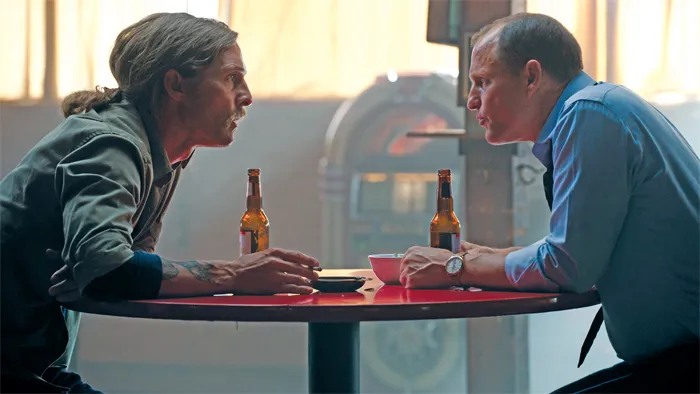
The cinematography and direction in True Detective play a crucial role in creating its haunting atmosphere. Director Cary Joji Fukunaga’s use of long, uninterrupted takes and moody, desaturated visuals heighten the tension and sense of unease that permeates the series. One of the most iconic moments in the first season is the six-minute long tracking shot in which Cohle enters a dangerous criminal neighborhood during a manhunt, showcasing both the technical skill of the crew and the intensity of the storyline. The show’s cinematography enhances its brooding atmosphere, making it as much a visual experience as a narrative one.
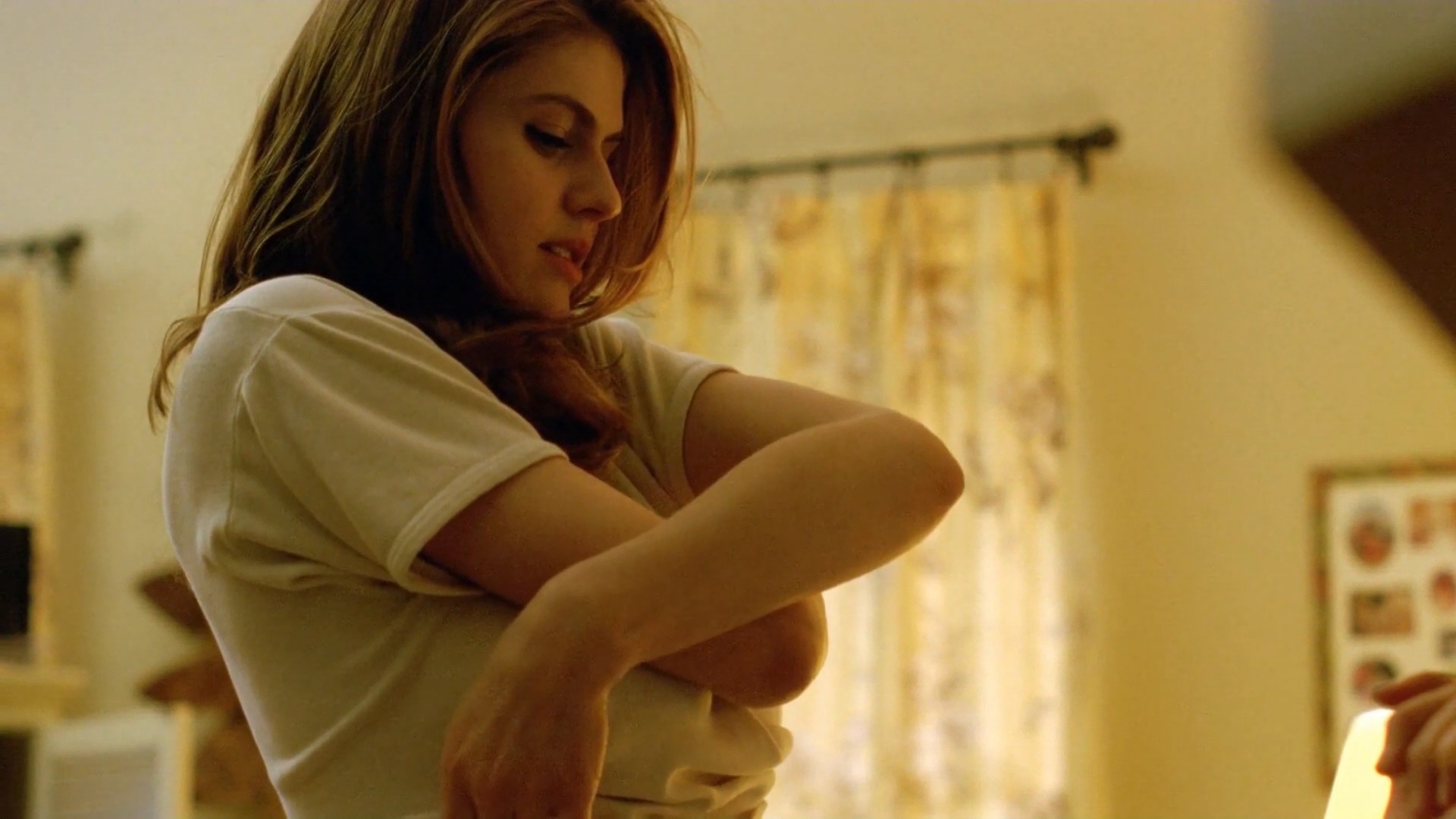
In conclusion, True Detective is a masterful blend of crime drama, philosophical inquiry, and psychological depth. With its complex characters, sophisticated storytelling, and captivating visuals, the series stands out as one of the best shows of its genre. While each season presents a new story, the themes and character-driven approach remain consistent, making True Detective a standout in the landscape of modern television. It’s a show that leaves viewers questioning not just the nature of the cases it presents but the very nature of truth, justice, and human existence.







